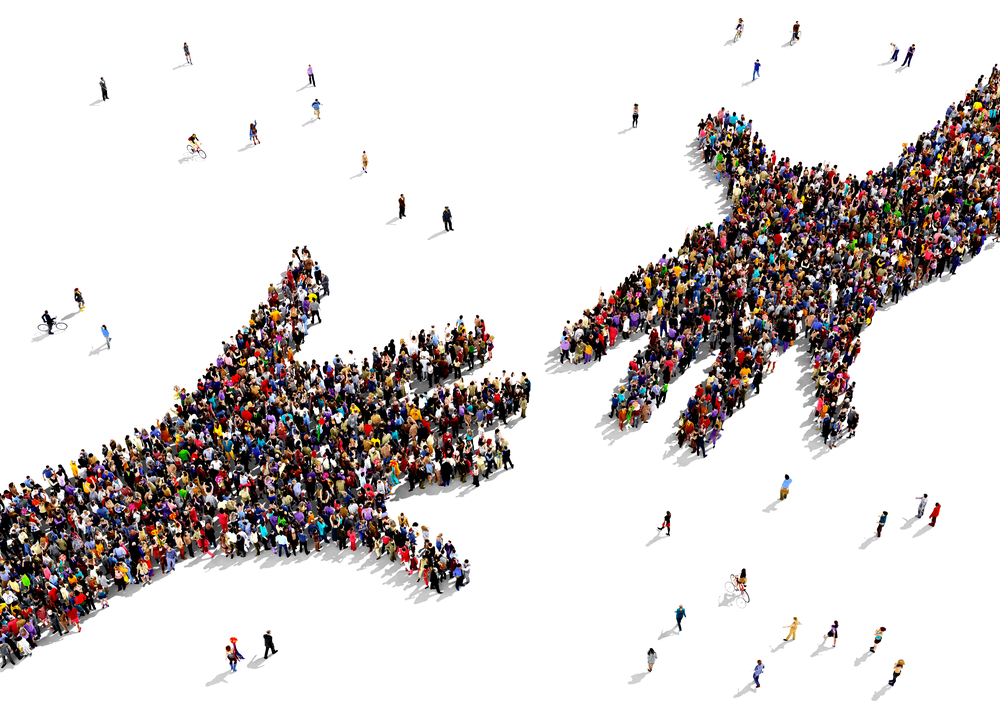See full article at Rooted in Rights

My response flipped a small switch. My colleague didn’t want to verbalize her gut reaction because it now seemed offensive. I knew I don’t look like what my colleague thought someone with a disability should look like. She didn’t have to say words like “wheelchair,” “cane,” “oxygen tank,” or “hearing aid” for me to get her point. I’ve heard that labels are for jars, not people. As someone who never adhered to fashion advice, I never could afford the labels anyway.
I wear the disability brand, and I look like me. I embrace it as an opportunity to educate.
The best way I know how to do this is by explaining my job, which is directly responsible for my immersion in disability advocacy. I work for Accessibility Partners, a business that works with client organizations and government agencies to make their technology more accessible to end-users with disabilities. When we test for accessibility, we tell our clients that there is no “typical” user, and that’s a lesson we’ve also taken to heart in our own policy. Our corporate structure is heterogeneous: a collage of people who identify as having all types of disabilities. We know that there is no “one-size-fits-all” accommodation process. Disability is our uniform at Accessibility Partners, but it fits each person uniquely.
Accessibility Partners supports my mental health disability, even though it’s located not-so-neatly in my skull. Some days, you can’t tell what’s going on with my disability, and others, the symptoms are apparent. The unpredictability of my disability makes me more inclined to disclose it. For instance, I know from personal experience that an internal frustration can become an external struggle in an instant. Telling my coworkers that I am prone to panic attacks, nervousness, anxiety, impulsive behaviors, and difficulty concentrating wasn’t easy. But as time went on, I came out of hiding and into the open.
Taking a deep breath, I told my boss first, and then my co-workers: “I have Post Traumatic Stress Disorder. It makes things hard for me, but I still want to work.”
Exhale. I felt a weight lift as I opened the door from my hiding hole to the world of working. It got easier with the release, but it still wasn’t a walk in the park. Just mentioning my disability didn’t make all my problems go away, but accommodations created a bridge for me. My accommodations over the years have included flexibility to set my own hours around doctor’s appointments, working from home, time off to manage effects from medications, listening to calming music, help with prioritization and organization, usage of mindfulness practices and healthcare apps to track and manage symptoms, and restructuring job functions.
My boss, Dana Marlowe, founded Accessibility Partners to level the playing field, which she has done for me by providing me accommodations that allow me the opportunity to work for her business. When a well-meaning colleague inquired why Dana kept me onboard, Dana responded: “This isn’t charity, it’s business. Having a creative employee that was open about her struggles meant we could find a solution. I gauge the good days over the bad ones, it’s about the big picture. Don’t look in the moment; she has six years of solid incredible work performance. It’s about the overall holistic approach and hiring who is best for your bottom line.”
That was inspiring to hear. Working with Dana and my other dynamic co-workers has taught me a powerful lesson: You are more than your “bad” days. Thanks to their encouragement, I’ve moved beyond barely managing my day-to-day tasks to planning future job functions with ease. The best accommodation was being given a chance, and then a few more when I needed them.
Having an inclusive workplace doesn’t mean hiring someone just to hire some with a disability—it means supporting them to thrive.
And employees should remember that asking for help isn’t a sign of weakness, it’s a sign of strength. The path to employment success is a varied journey at Accessibility Partners, but it’s not one we take alone. Everyone is along for the ride.
Sharon Rosenblatt is an accessibility professional working to improve the overall user experience for people with disabilities. She has been a part of the Accessibility Partners team for the past six years, and specializes in document remediation and compliance testing. Her efforts have enabled developers and manufacturers to see the tremendous potential that accessibility has not just for users with disabilities, but of all abilities. With her enthusiasm highlighted in several publications, Sharon enjoys participating in the constant dialogue between accessibility and innovation.
